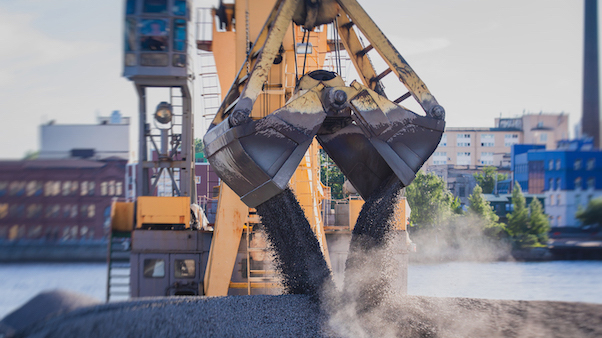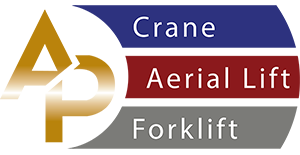


Bulk-handling cranes are an integral part of modern-day ports and shipyards. They are used to load and unload bulk cargo, such as coal, iron ore, and grain, from ships to dockyards or vice versa. As ships get larger and bulk cargo handling volumes increase, the demand for more efficient and advanced bulk-handling cranes is on the rise. Along with this, it is also important to provide adequate bulk-handling crane training to help users operate them safely and effectively. In this blog, we will discuss the advancements in bulk-handling cranes and why bulk-handling crane training is vital.
In recent times, there have been notable advancements in bulk-handling cranes. These advancements are focused on enhancing performance and efficiency while minimizing physical stress on the crane and the operator. Here are some key advancements:
Automated Bulk-Handling Cranes
Automated bulk-handling cranes are considered the future of cargo handling in ports and shipyards. These cranes use advanced sensors and algorithms to control the crane movements during loading and unloading. The automated feature also helps to reduce manual intervention and makes cargo handling faster and safer.
Rubber-Tire Gantry Cranes (RTG)
RTGs are the most commonly used bulk-handling cranes at ports and terminals. They are highly efficient and can stack containers up to six high. Advancements in RTGs include a cleaner engine that produces fewer emissions, enhanced security and maintenance features, and small modifications to improve overall efficiency. These cranes also use a remote control system, eliminating the need for an operator in the cab.
Ship-to-Shore (STS) Cranes
STS cranes are the backbone of modern ports, and they are used to move a significant amount of cargo quickly and safely. Advancements in STS cranes include improvements in crane speed, stability, and automated systems, which all enhance cargo handling efficiency.
The use of bulk-handling cranes requires a skilled operator who understands the machine's workings and can operate it safely to reduce the risk of accidents. Bulk-handling crane training is, therefore, a critical requirement for operators to learn how to properly operate, maintain and troubleshoot the machine. Here are some benefits of bulk-handling crane training:
Safety
The primary benefit of bulk-handling crane training is safety. Crane accidents can be life-threatening and cause significant damage to the crane and the cargo. Crane operators require the correct knowledge and training to avoid accidents and maintain safe operations of the equipment. Training helps operators understand the risks and hazards involved with bulk-handling cranes and how to mitigate them.
Operational Efficiency
Bulk-handling crane training helps users operate the crane more efficiently. It helps operators understand the crucial parts of the machine, including its working principles, safety features, and capabilities, so they can get the most out of it. Efficient operation results in smoother handling of bulk cargo, less downtime, and ultimately better financial performance for the port or terminal.
Compliance
Bulk-handling crane training is often a regulatory requirement. Operators must comply with regulations, such as OSHA and ANSI, which require operators to receive the appropriate training and certification before operating a crane. Failure to comply with regulations leads to hefty fines and potential legal issues.
Bulk-handling crane training covers a wide range of topics, including:
Safety Procedures
Crane operators must know how to operate the machine safely, minimizing the risk of accidents. Training covers the safety procedures for bulk-handling cranes, including how to identify and report hazards, inspections, and routine maintenance.
Operation and Maintenance
Training covers the technical aspects of bulk-handling cranes, enabling operators to handle the machine within its capacity. This includes understanding its critical components, its limitations, and its regular maintenance requirements.
Troubleshooting
Training should also cover the potential problems the machine may have and how to troubleshoot common issues. This helps operators to avoid downtime and take quick remedial actions.
Discover how to become crane operator and soar to new heights in your career.
In conclusion, bulk-handling cranes are essential equipment for modern ports and shipyards. Advancements in technology have made bulk-handling cranes more efficient, safer, and faster. However, to operate and maintain these machines safely and efficiently, operators must receive adequate training. Bulk-handling crane training enables operators to perform their jobs safely, more efficiently, efficiently, and constitutes an important compliance requirement. Adequate bulk-handling crane training is, therefore, crucial for the smooth functioning and safety of modern-day ports and terminals.
Attending a crane operator school can provide the necessary skills for a successful career in the construction industry.

An All Purpose Safety Training Solutions Company